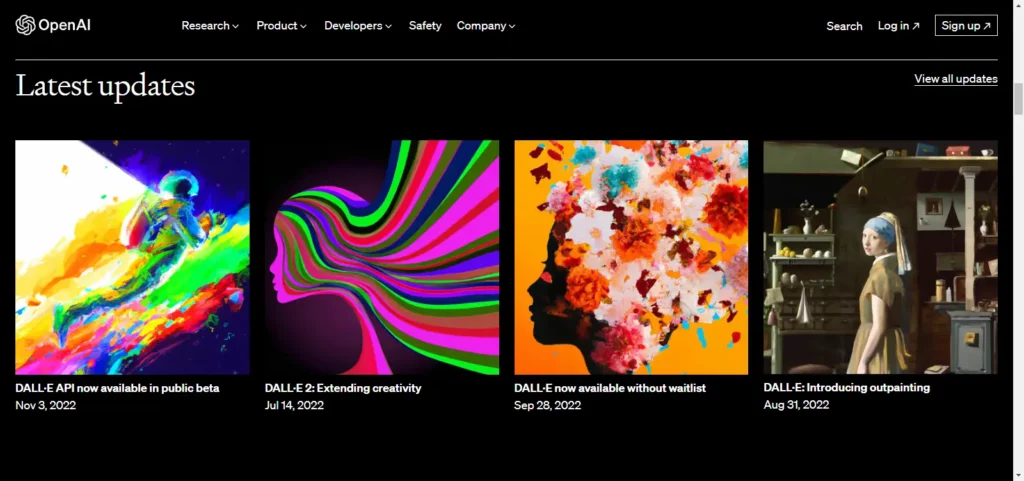If there is a booming sector today, that is digital marketing. And within this, it is worth highlighting that companies need more daily. We are talking about the web analyst.
All internet pages, regardless of their size, have a goal to achieve, whether it is increasing sales, notoriety, etc., and to achieve this, it is necessary to measure the evolution that they experience according to the actions that we carry out, what we do well or badly, and how we can optimize this.
What is a Web Analyst?
This professional analyzes and calculates the cause-effect relationship in our actions on a website. For this, there are several very powerful tools. The most widespread is the well-known Google Analytics.
However, it is not enough to know how to collect data and treat them using statistical techniques since a good analyst, to do a good job, must have a good knowledge of SEO or web positioning, social networks, web architecture, etc., as well How to have an overview of the business of the company where we work.

Web Analyst Functions
If we have to break down the different tasks that an analyst would do, this would be a brief sequence of them:
The first thing would be to choose a good analytical tool since the work we do will depend to a large extent on it, the functions it provides us, etc.
Another function that is essential to carry out next would be to carry out a good monitoring of web traffic, trying to know the source of origin (organic traffic, reference traffic, etc.), as well as the device used to navigate Tablet, Smartphone, computer, etc), or the demographic profile of the person who is browsing our web site.
We must keep sight of the fact that the evolution of a digital campaign must be controlled at all times. Regardless of their nature, they have required a prior investment, and knowing their respective return is key.
Traffic per se, if other concepts support it, is useful. This must be related to specific conversions that the goals for which the website was created are met.
Now is where we see the importance of monitoring these conversions; knowing the exact number of them is not enough, but it is also key to see the evolution of some conversions according to different periods, why there have been variations, what aspects have made them different from each other according to periods, how we can improve it or know what is the best time of the year and why.
Once all the necessary data has been collected, the analyst has to give reasoned advice and advice on good monitoring that refers to the most relevant indicators for the business. Here, our analyst must have experience when carrying out different decisions.
When choosing strategies or actions to achieve improvements, we must constantly be focused on our level of conversions, which must always increase. In other words, if we try to increase visits to our site, we have to make it as attractive as possible.
Finally, many of these steps have to be reflected in a series of graphs and reports that, at a glance, get a quick interpretation and are aesthetically clean. This is very important to “sell” our decisions to a superior.
Web analytics is key in any company, especially if you want to prosper in a specific field.
What it Takes to be a Web Analyst
To become a web analyst, you need a combination of technical skills, knowledge of digital marketing, and analytical skills.
- Knowledge of Digital Marketing: It is essential to understand the concepts and strategies of online marketing, such as SEO (Search Engine Optimization), SEM (Search Engine Marketing), social networks, email marketing and data analysis in general.
- Analytical Skills: You must be able to work with data and statistics and interpret trends, patterns and results to gain valuable insight into user behaviour and website performance.
- Web Analytics Tools: Familiarize yourself with the main web analytics tools, such as Google Analytics, Adobe Analytics, and Mixpanel, among others. Learn how to use these tools to track key metrics, set goals, and generate meaningful reports.
- Technical Knowledge: Understanding web programming languages (e.g., HTML, CSS, JavaScript) and web development concepts is helpful. This will allow you to communicate effectively with development teams and make changes to the site when necessary to improve analytics.
- Interpretation Ability: Analyzing and presenting data in a clear and understandable way to marketing teams and other stakeholders.
- Troubleshooting: Identifying areas for improvement in website performance and proposing solutions based on data analysis.
- Curiosity and Continuous Learning: The digital marketing and web analytics industry is constantly evolving, so staying up to date with the latest trends and tools is important.
- Communication Skills: You must be able to work in a team and communicate your findings and recommendations effectively to different stakeholders.
- Focus on the User: Understanding the needs and behaviours of users is essential to performing meaningful web analysis and proposing improvements in the user experience.
How Much Does a Web Analyst Make?
The average salary of a web analyst depends on many factors. Still, a LinkedIn study establishes it at 26,000 euros per year.
Would you like to train in Digital Marketing? Consult our programs, such as the Master in Internet Business.




